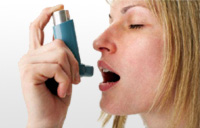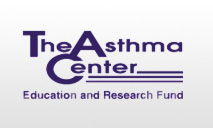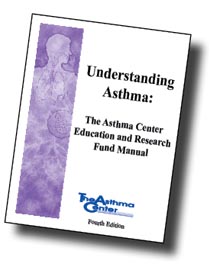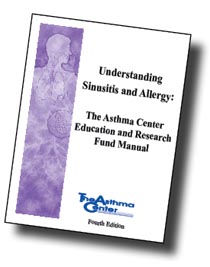Acute sinusitis and antibiotics
The most important treatment for acute bacterial sinusitis is the use of antibiotics.
The choice of antibiotics depends on several factors:
- The suspected infecting bacteria
- How an antibiotic is absorbed, distributed and eliminated from the body (pharmacokinetic properties)
- Prior history of adverse reactions to antibiotics
- Successful or unsuccessful individual response to an antibiotic in the past
- Degree of antibiotic resistance by particular bacteria in a particular geographic area
- Recent use of antibiotics for any reason (antibiotic resistant organisms)
- Young age (less than 5 years)
- Attendance in day care centers
- History of recent hospitalization
- History of cancer and cancer treatment
First line antibiotics for those with mild to moderate acute sinusitis who have not taken antibiotics for the prior 4 - 6 weeks are listed. Note that these recommendations may change from year to year. In those with more moderate to severe symptoms, the fluoroquinolone class of antibiotics is preferred for adults. If you take antibiotics for acute sinusitis, you should normally respond within 72 hours. If there is no response, this may be considered a treatment failure. A change in antibiotic treatment is appropriate. Most antibiotics should be administered for a course of 10 - 14 days depending on the medication (the exceptions are Zithromax® which is effective with only 3 - 5 days of administration and Leva-pak® and Ketek® which are taken for 5 days).
The recommendations for children with mild and moderate sinusitis without prior antibiotic therapy are the same as that for adults. However children should avoid tetracycline and fluoroquinolone (Tequin®, Levaquin®, Avelox®, Cipro® and Factive®) and telithromycin (Ketek®) antibiotics. Again these recommendations may change from year to year. Sinusitis that fails to improve after 21 - 28 days of treatment may require high doses of broad spectrum antibiotics with or without the addition of antibiotics like clindamycin or metronidazole to cover anaerobic organisms.
Antibiotic Treatment - no prior antibiotic use within 4 - 6 weeks
First Line Therapies for Mild to Moderate Symptoms:
- amoxicillin/clavulanate (Augmentin®)
- cefpodoxime proxetil (Vantin®)
- cefuroxime axetil (Ceftin®)
First Line Therapies for Mild to Moderate Symptoms in those who are Penicillin-Allergic:
- trimethoprim and sulfamethoxazole (Bactrim®, Septra®)
- doxycycline (Doryx®, Vibramycin®)
- azithromycin (Zithromax®, Z-PAK®)
- clarithromycin (Biaxin®)
- erythromycin (E.E.S.®, E-Mycin®, Eryc®, Ery-Tab®, Ilosone®, PCE®)
First Line Therapies for Moderate to Severe Symptoms:
- gatifloxacin (Tequin®)
- levofloxacin (Levaquin®)
- moxifloxacin (Avelox®)
- telithromycin (Ketek®)
A different course of treatment is recommended if you have taken antibiotics within the last 4 - 6 weeks.
Antibiotic Treatment - antibiotic use within 4 - 6 weeks
First Line Therapies for Adults:
- gatifloxacin (Tequin®)
- levofloxacin (Levaquin®)
- moxifloxacin (Avelox®)
- amoxicillin/clavulanate (Augmentin®)
- Combination therapy of amoxicillin/clavulate with cefuroxime axetil (Augmentin® with Ceftin®)
- telithromycin (Ketek®)
First Line Therapies for Children:
- amoxicillin/clavulanate (Augmentin®)
- Combination therapy of amoxicillin/clavulanate (Augmentin®) or clindamycin (Cleocin®) with cefuroxime axetil (Ceftin®) or cefpodoxime proxetil (Vantin®)
First Line Therapies for Moderate to Severe Symptoms in those who are Penicillin-Allergic:
- azithromycin (Zithromax®, Z-PAK®)
- clarithromycin (Biaxin®)
- erythromycin (E.E.S.®, E-Mycin®, Eryc®, Ery-Tab®, Ilosone®, PCE®)
- trimethoprim and sulfamethoxazole (Bactrim®, Septra®)
- clindamycin (Cleocin®)
Antibiotic allergies may lead to avoidance of certain groups of antibiotics which can result in the use of less effective antimicrobial agents. For this reason, allergy testing to penicillin or related antibiotics may be required if proper testing materials are available. If allergic, you may undergo specific antibiotic desensitization. Desensitization to many different antibiotics may be successfully carried out on an outpatient basis.



